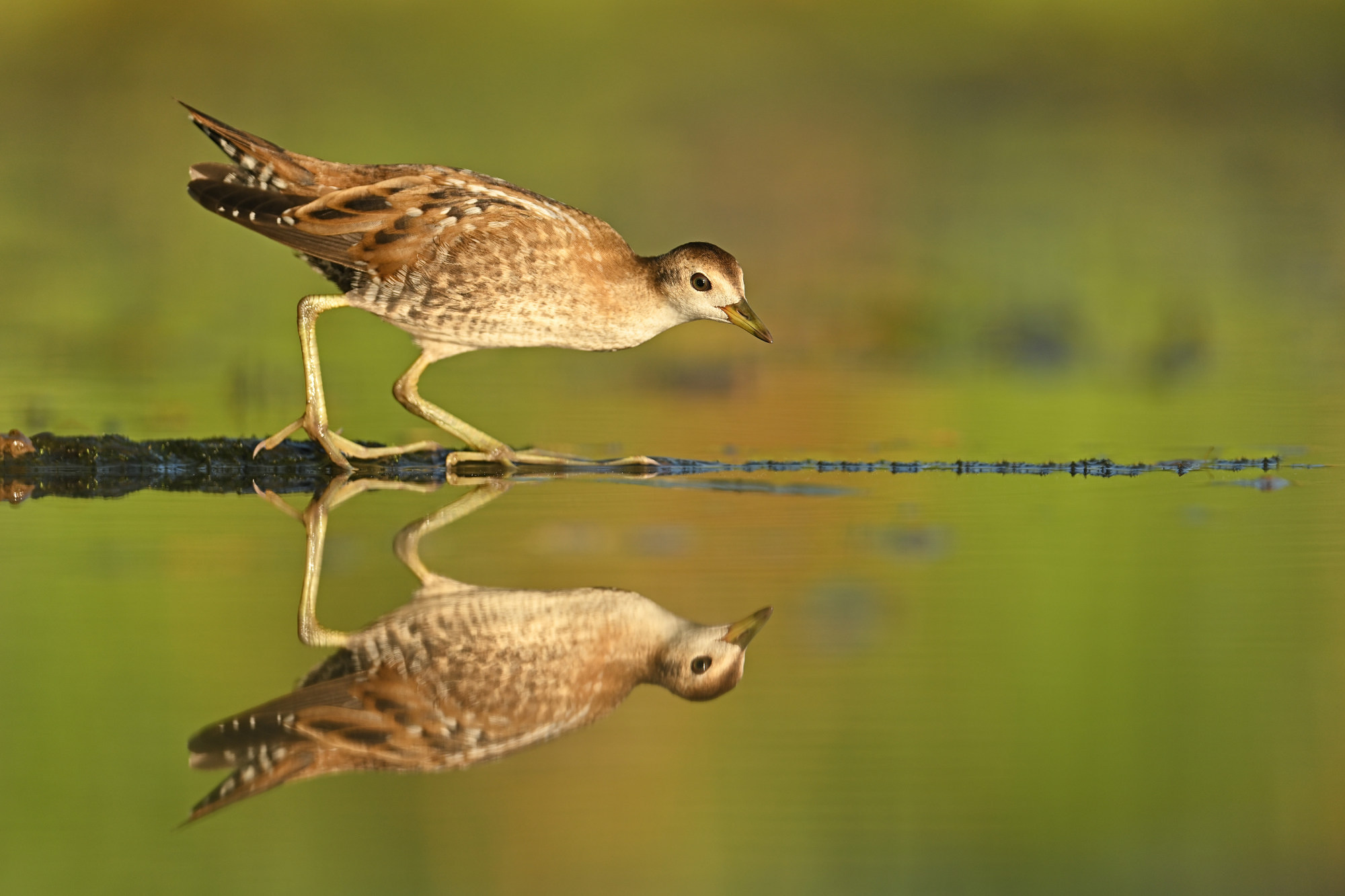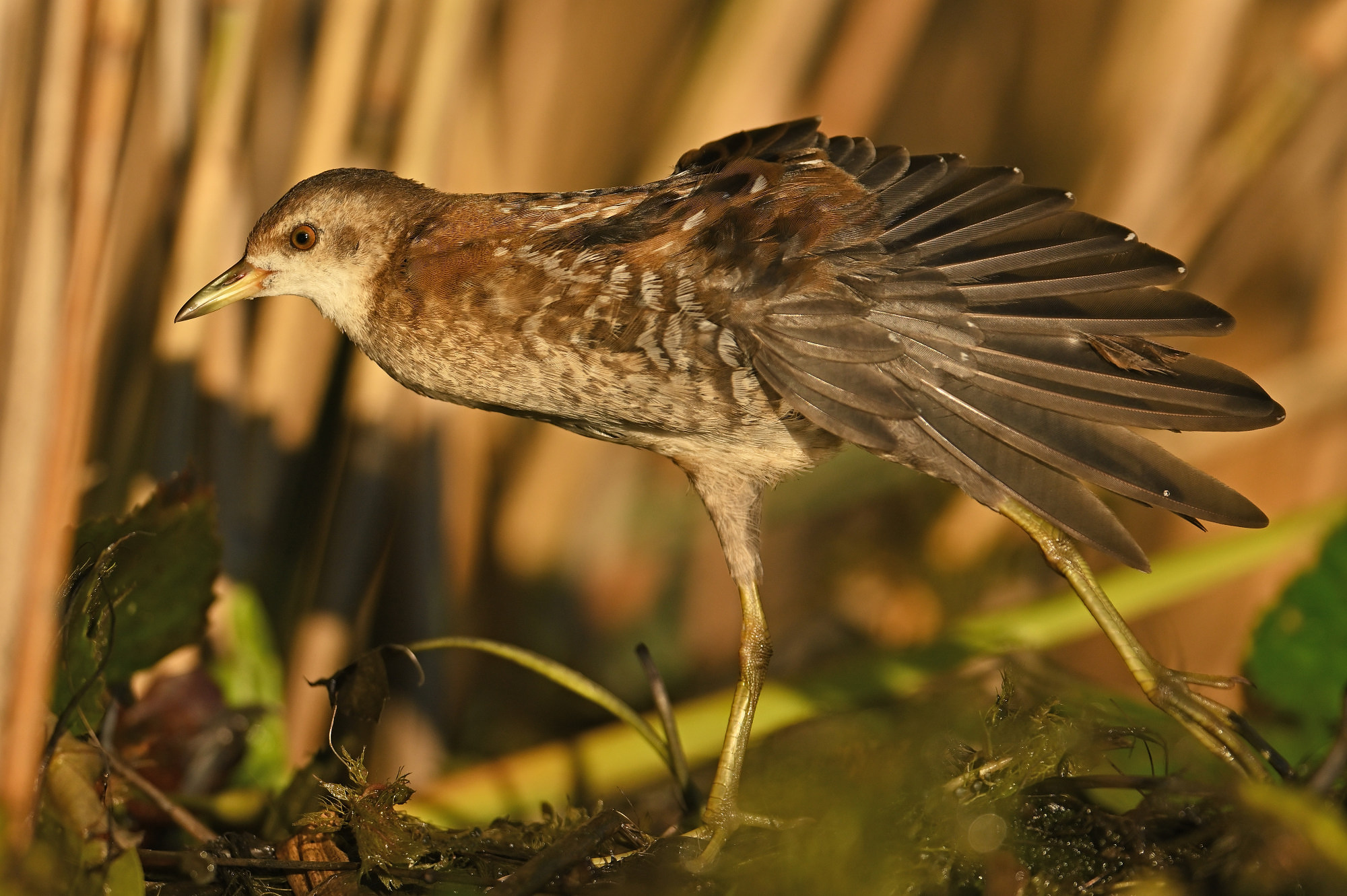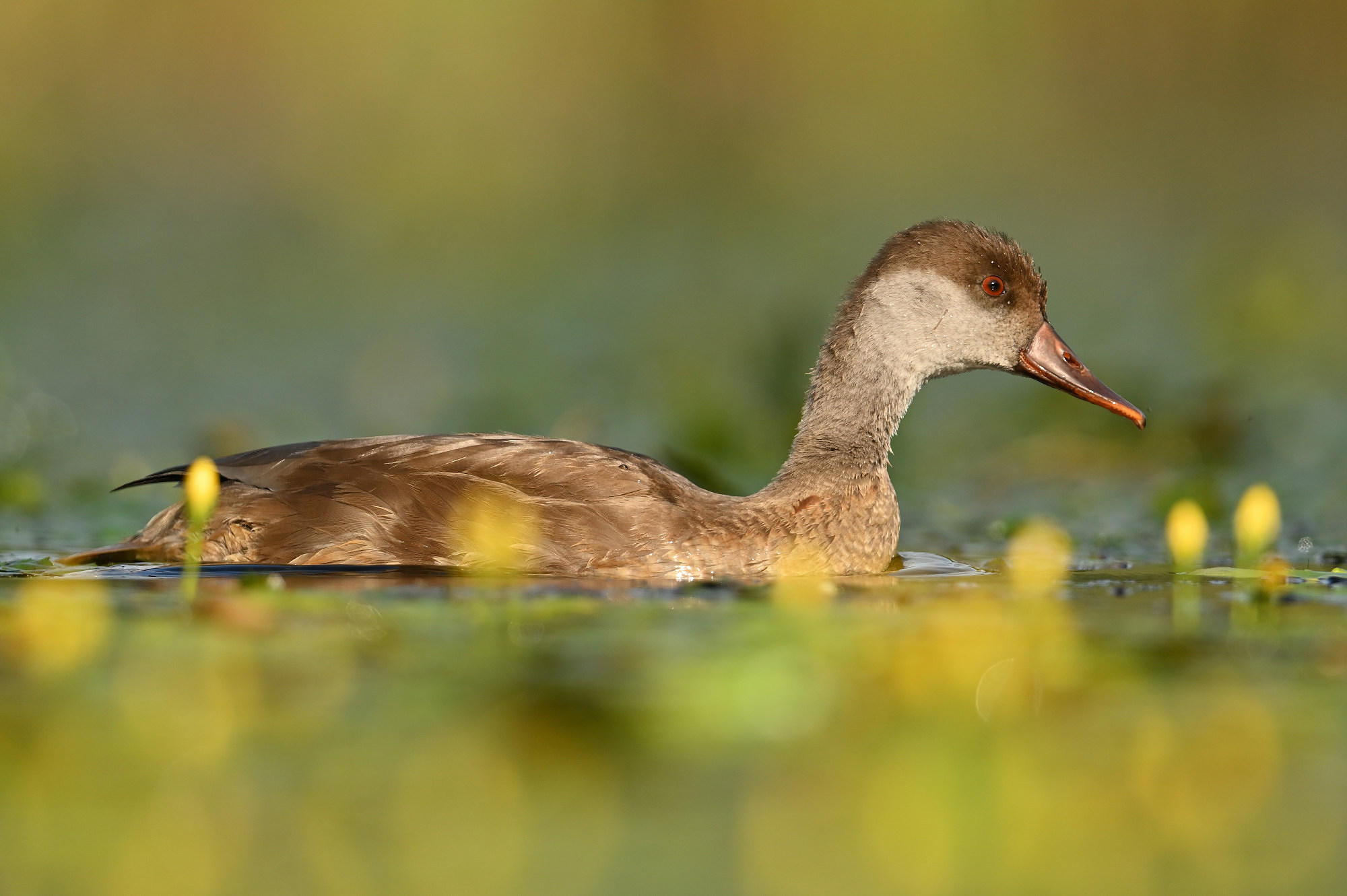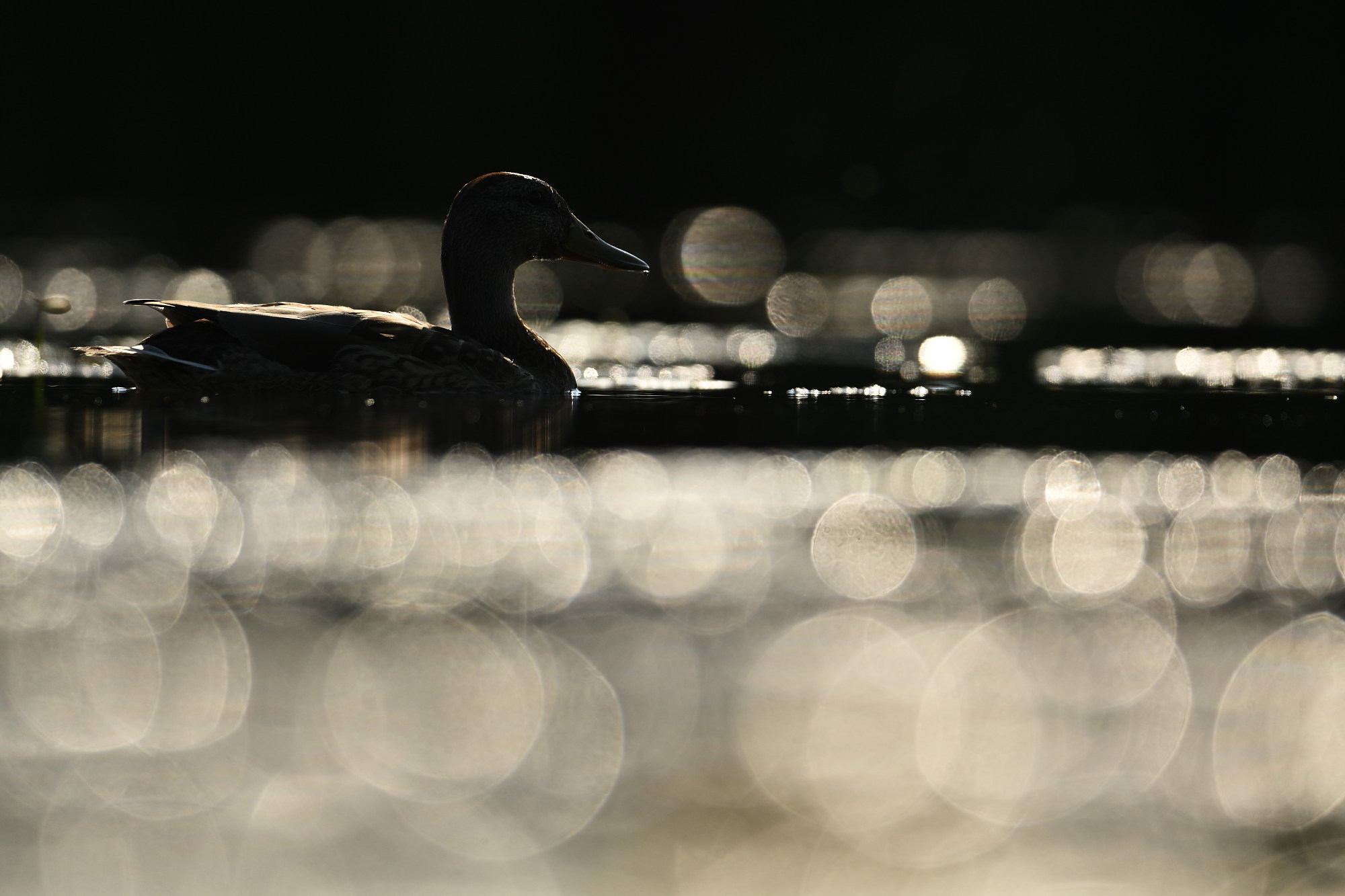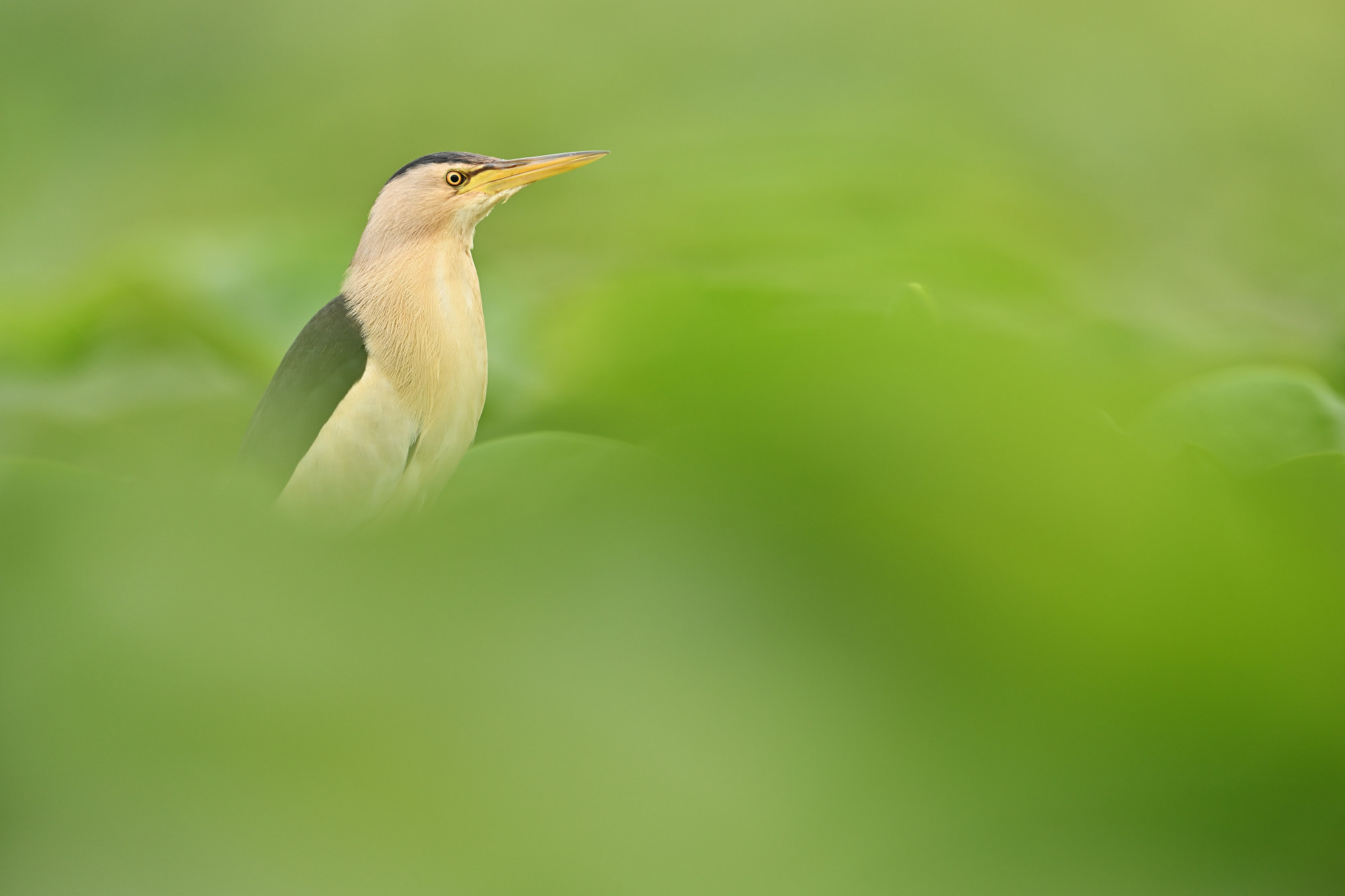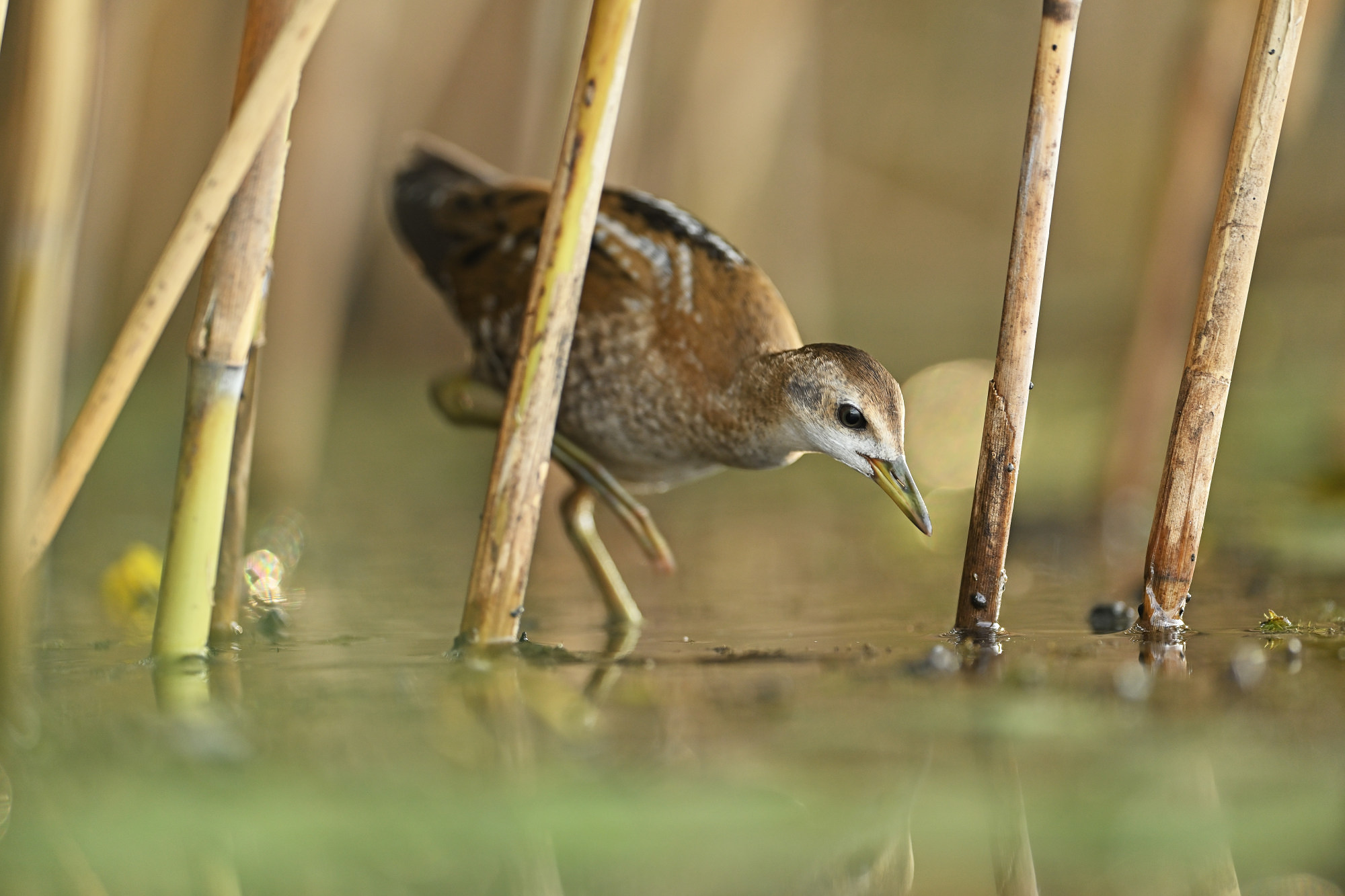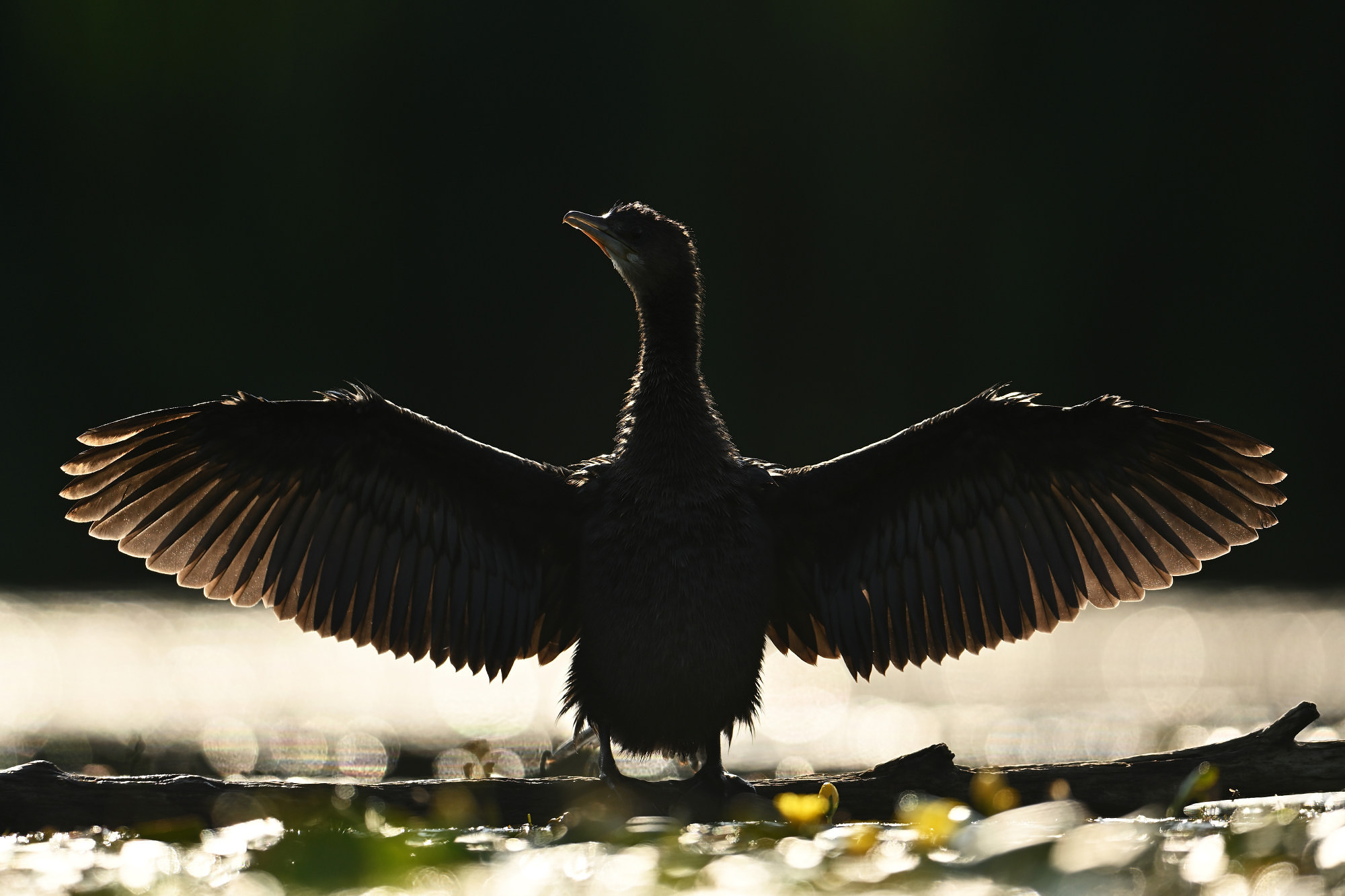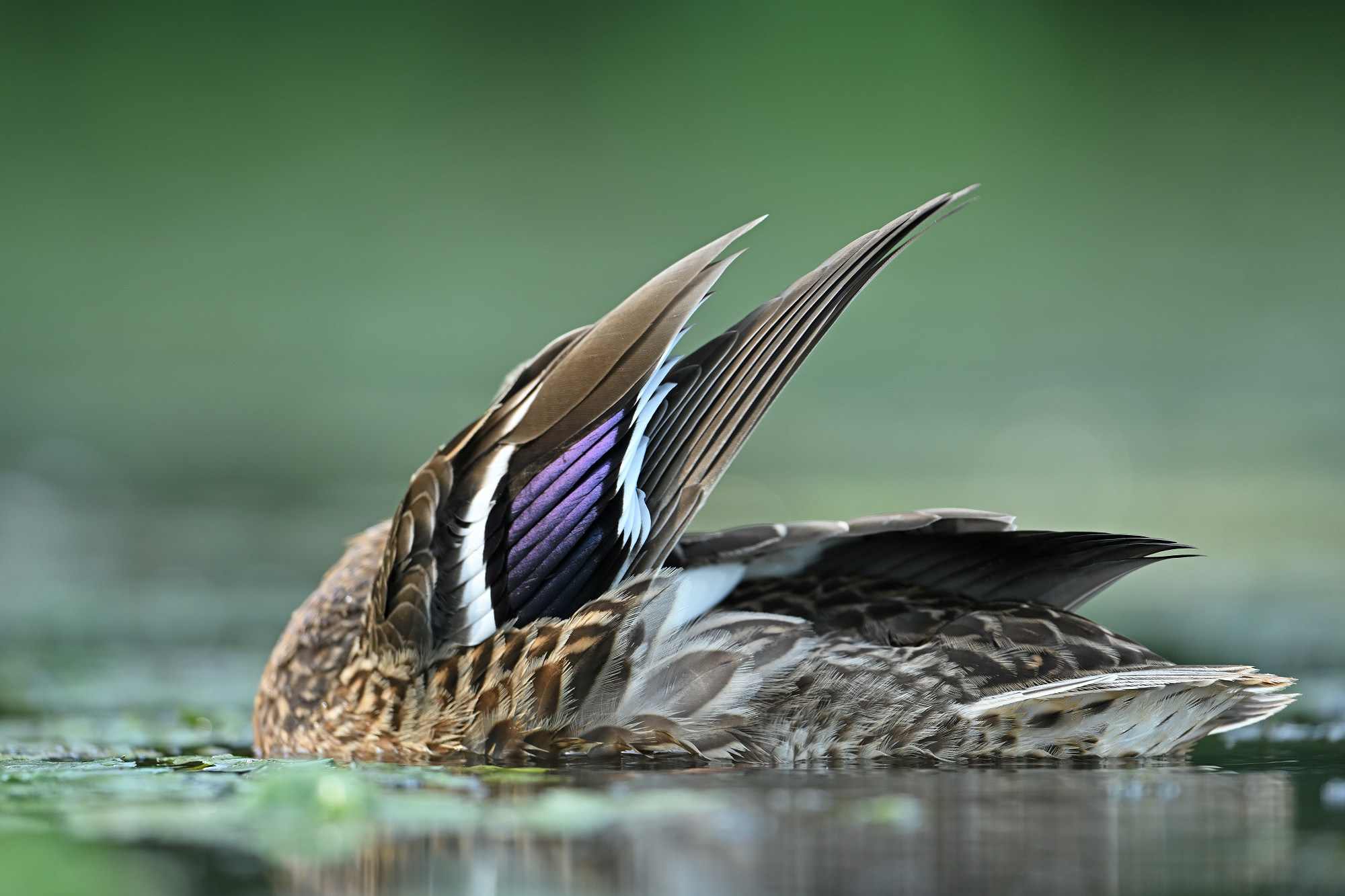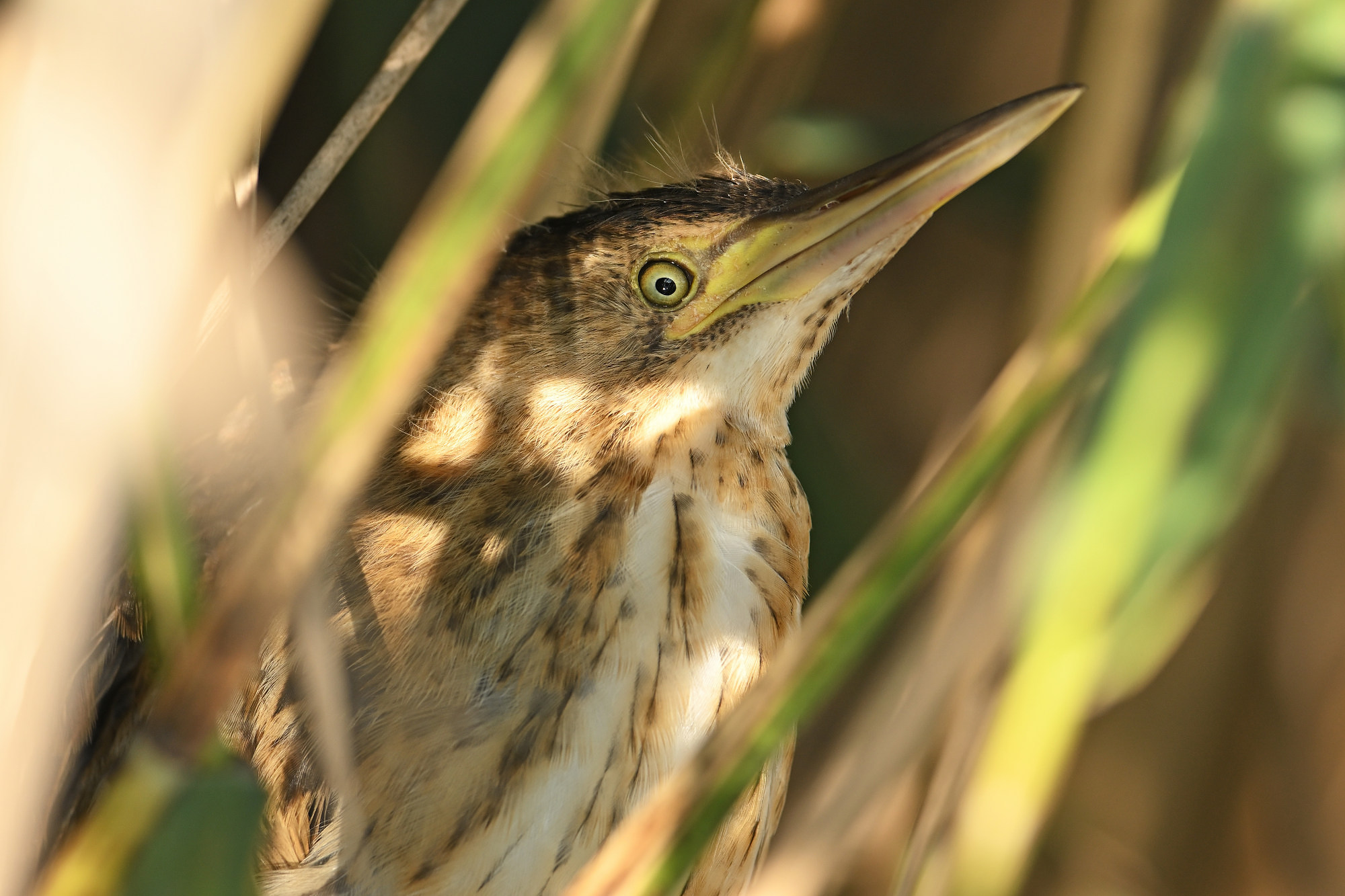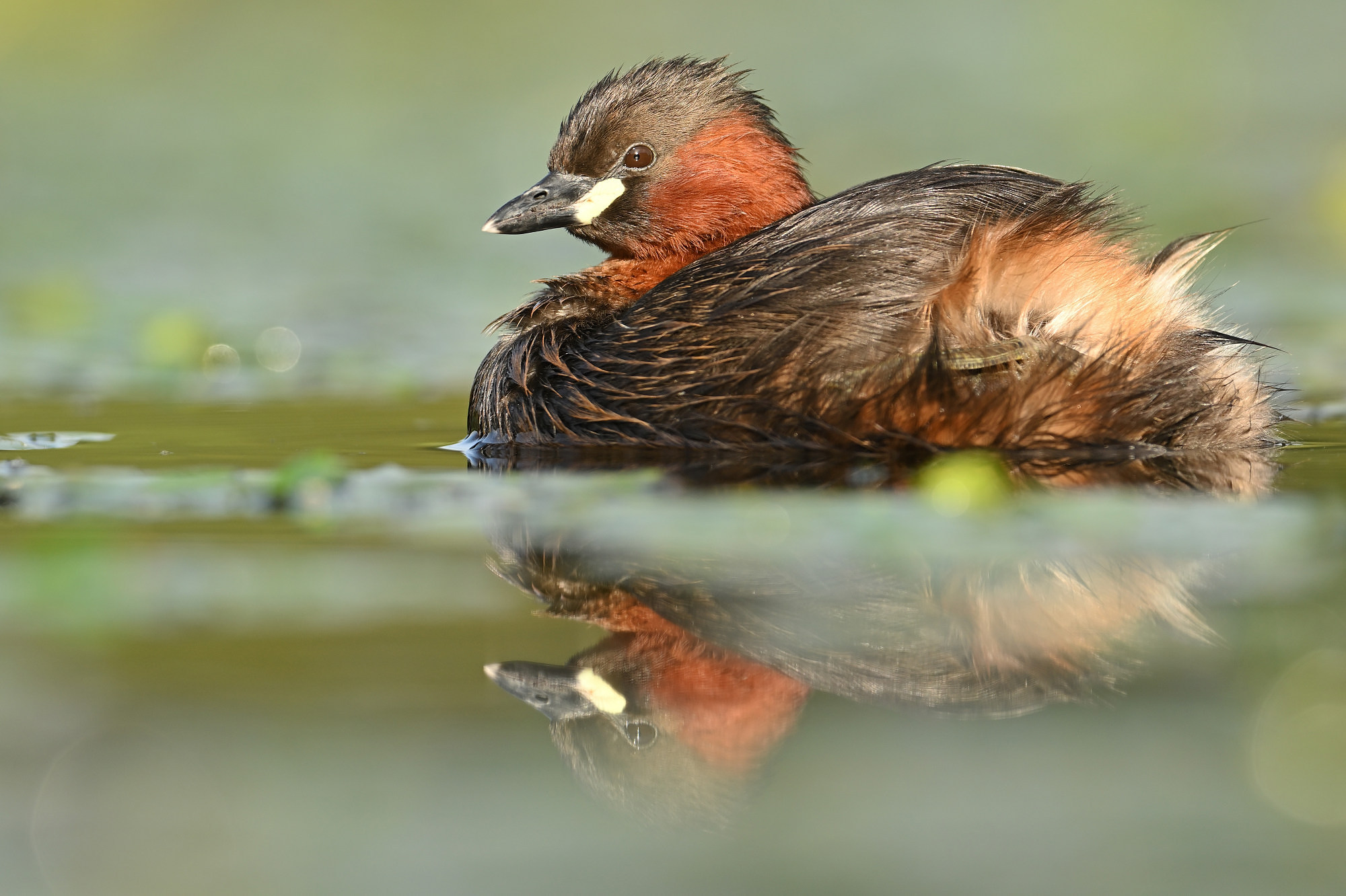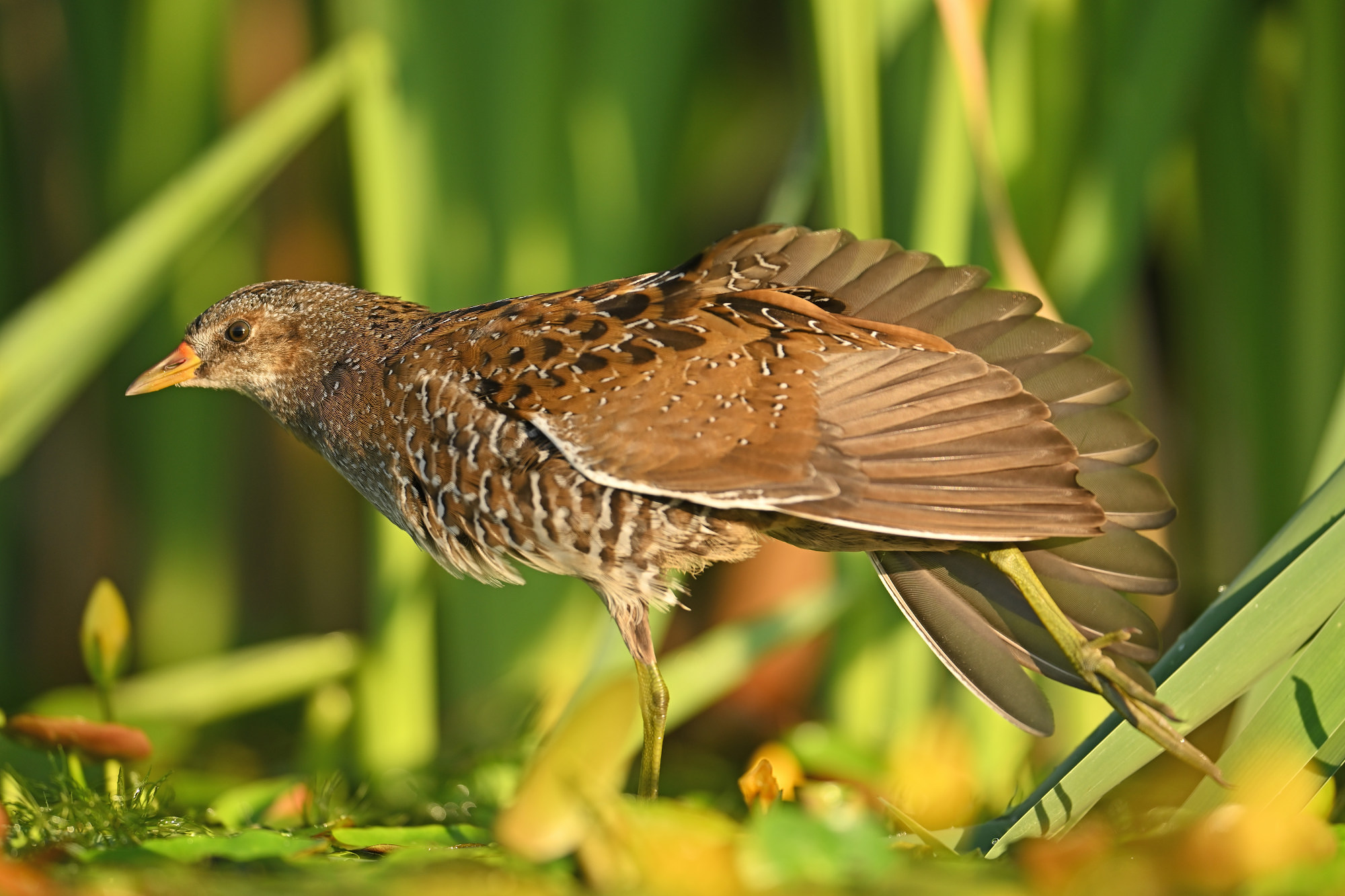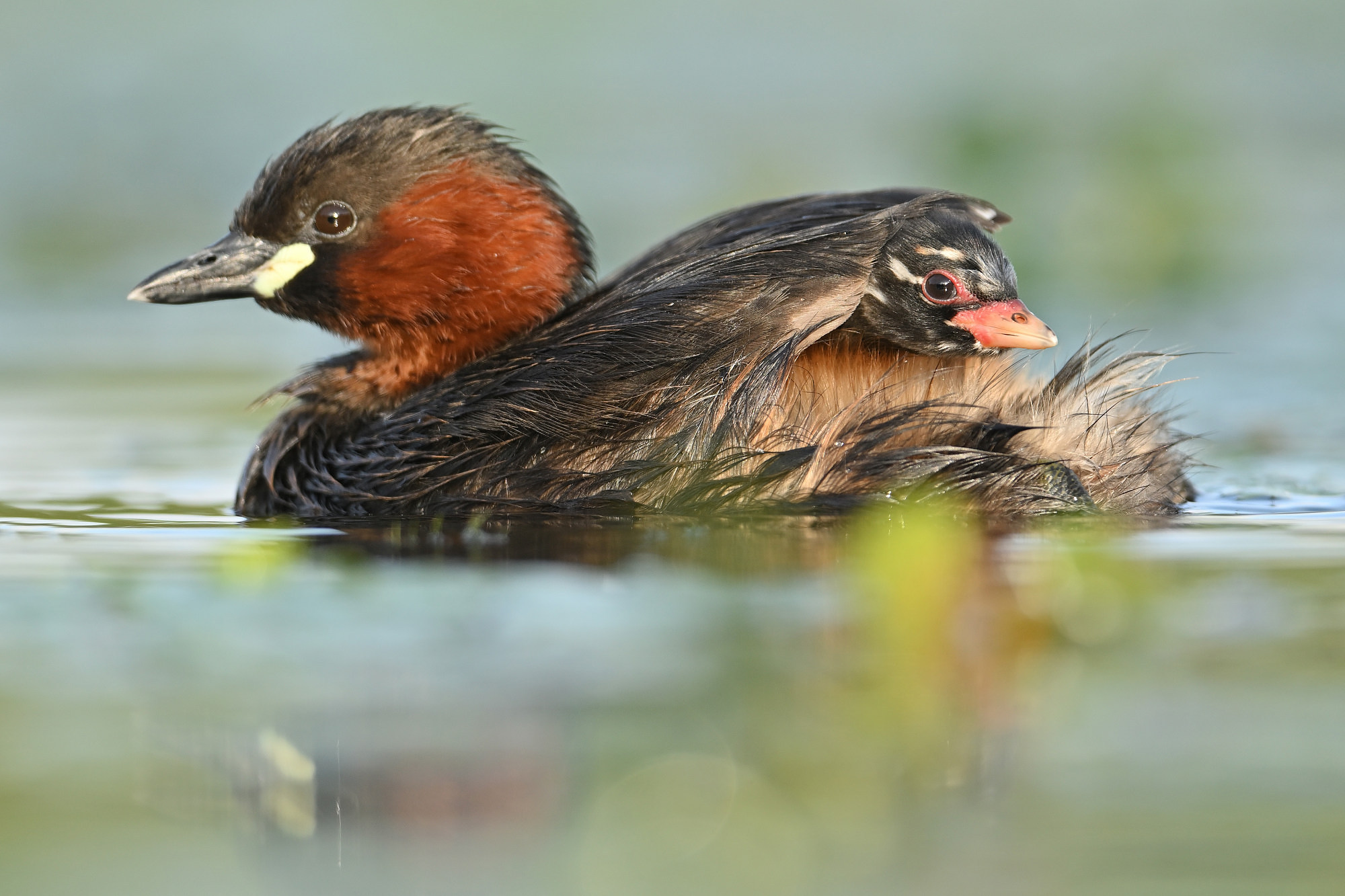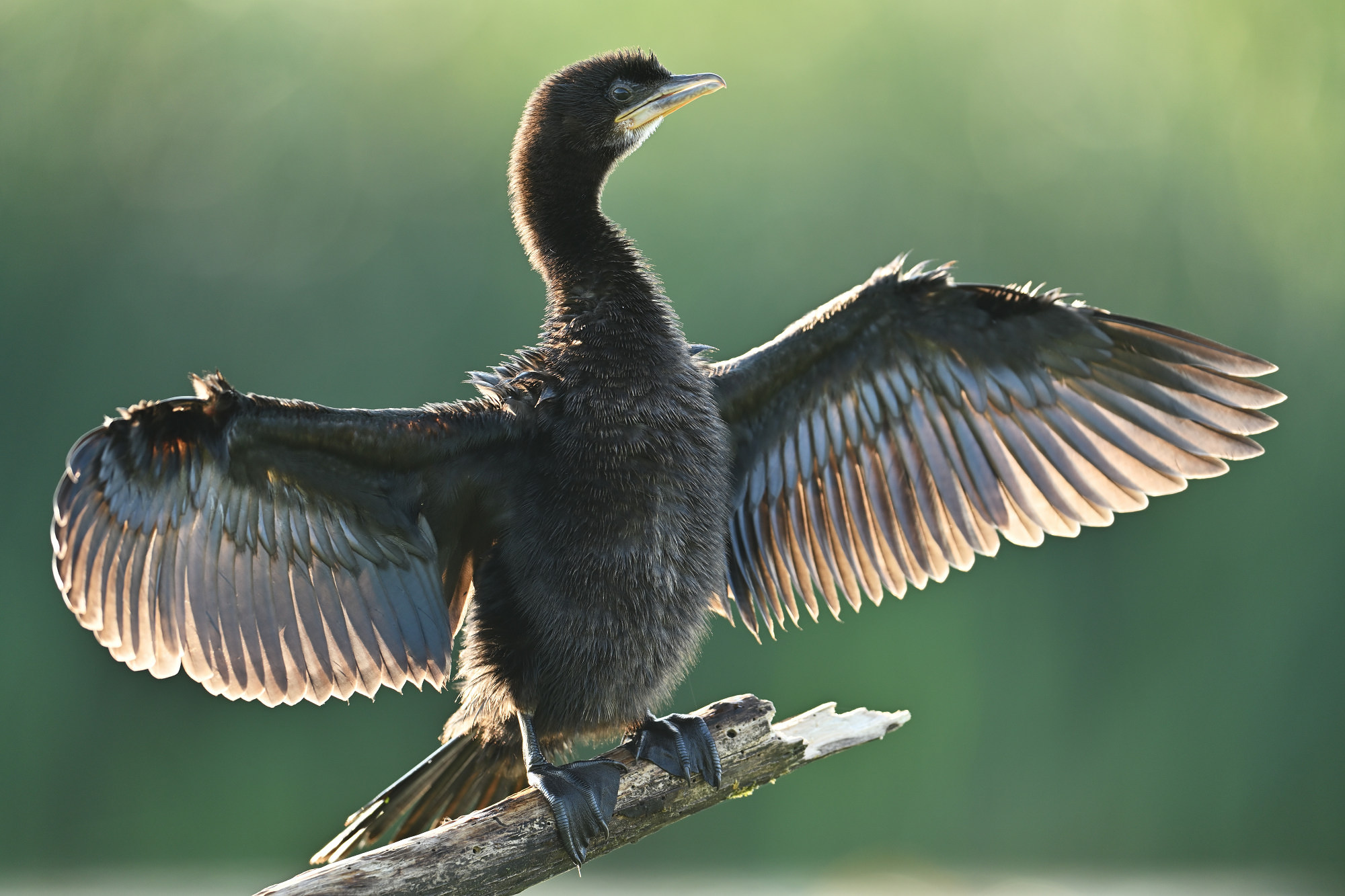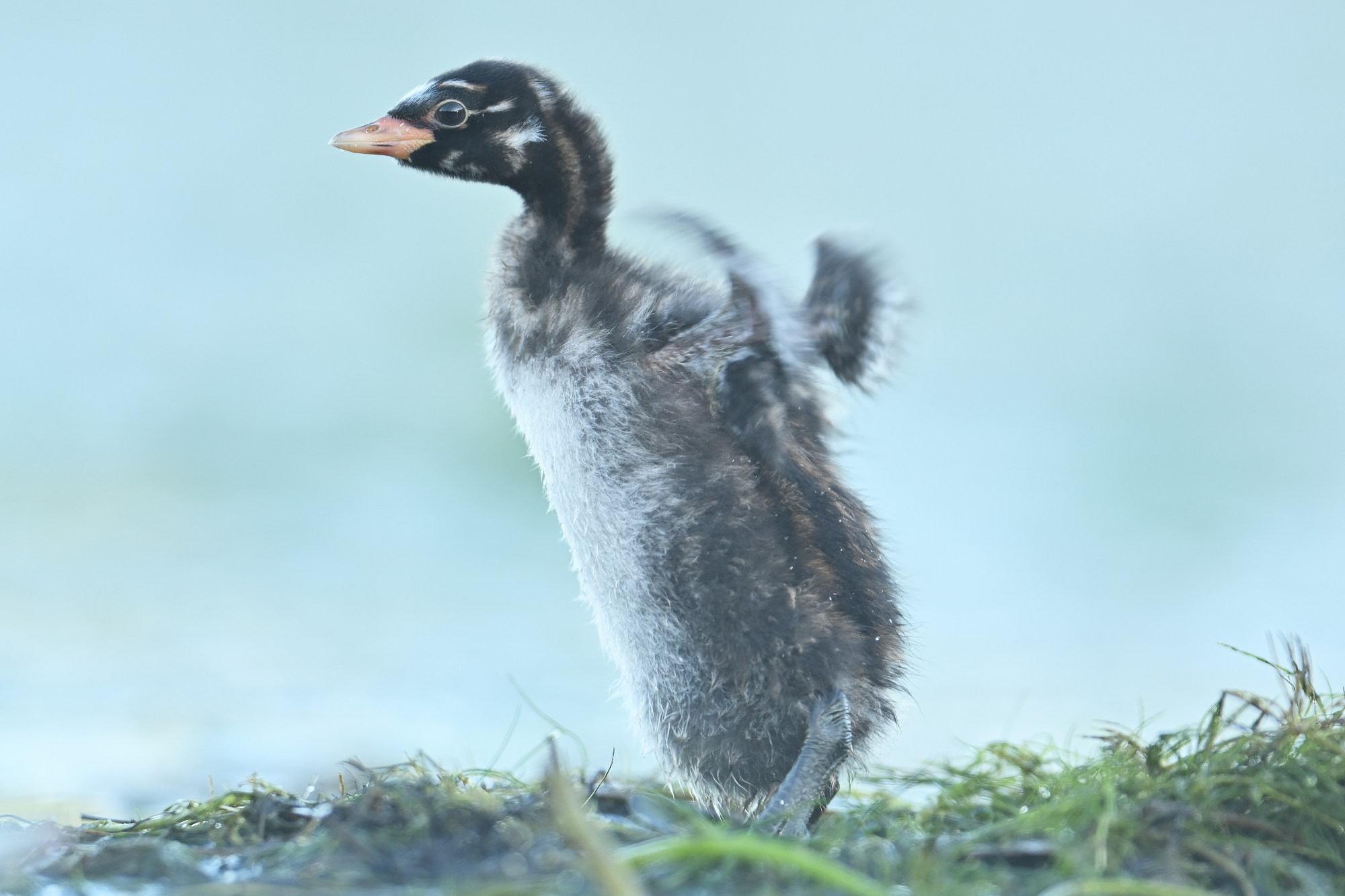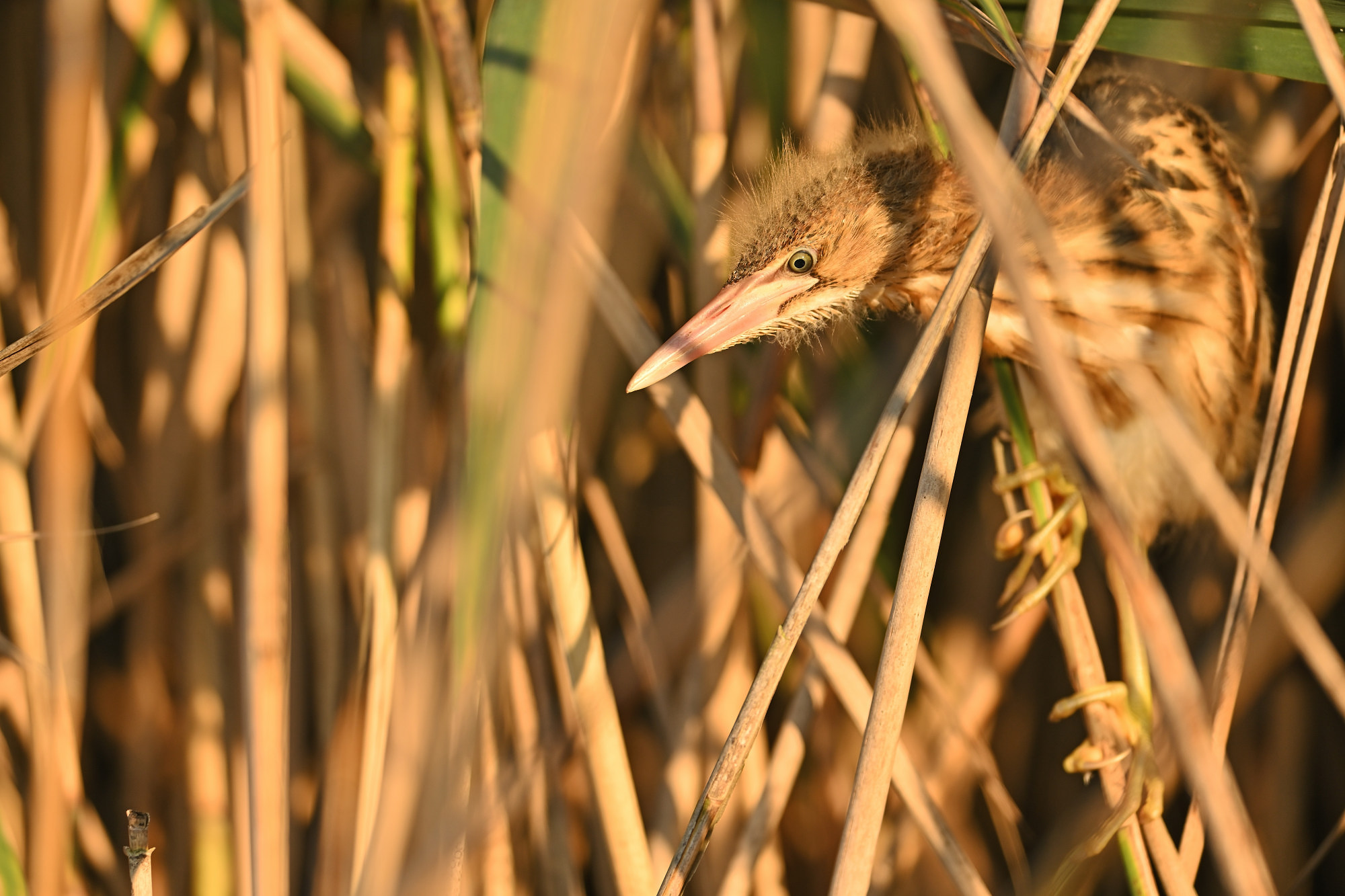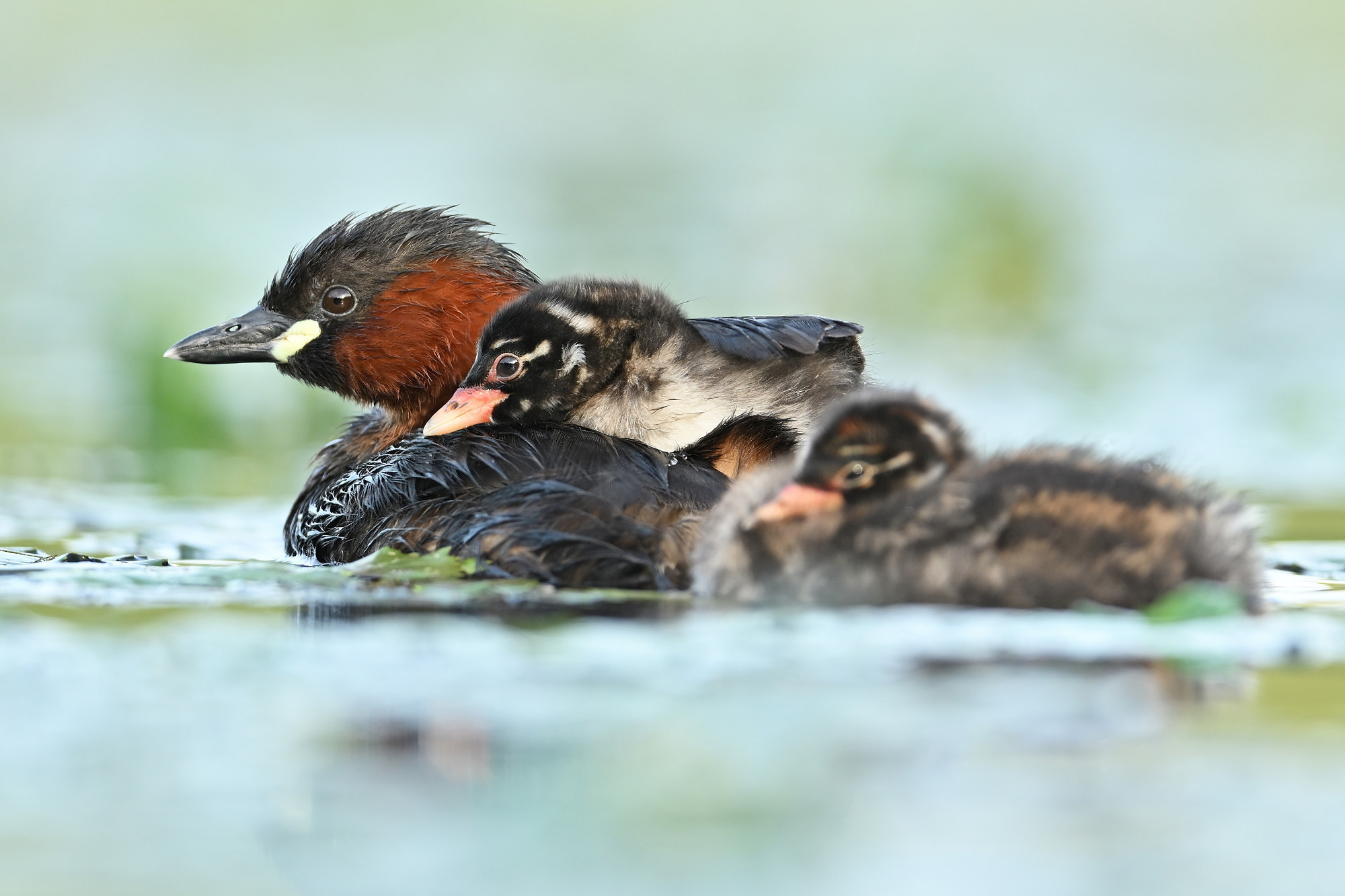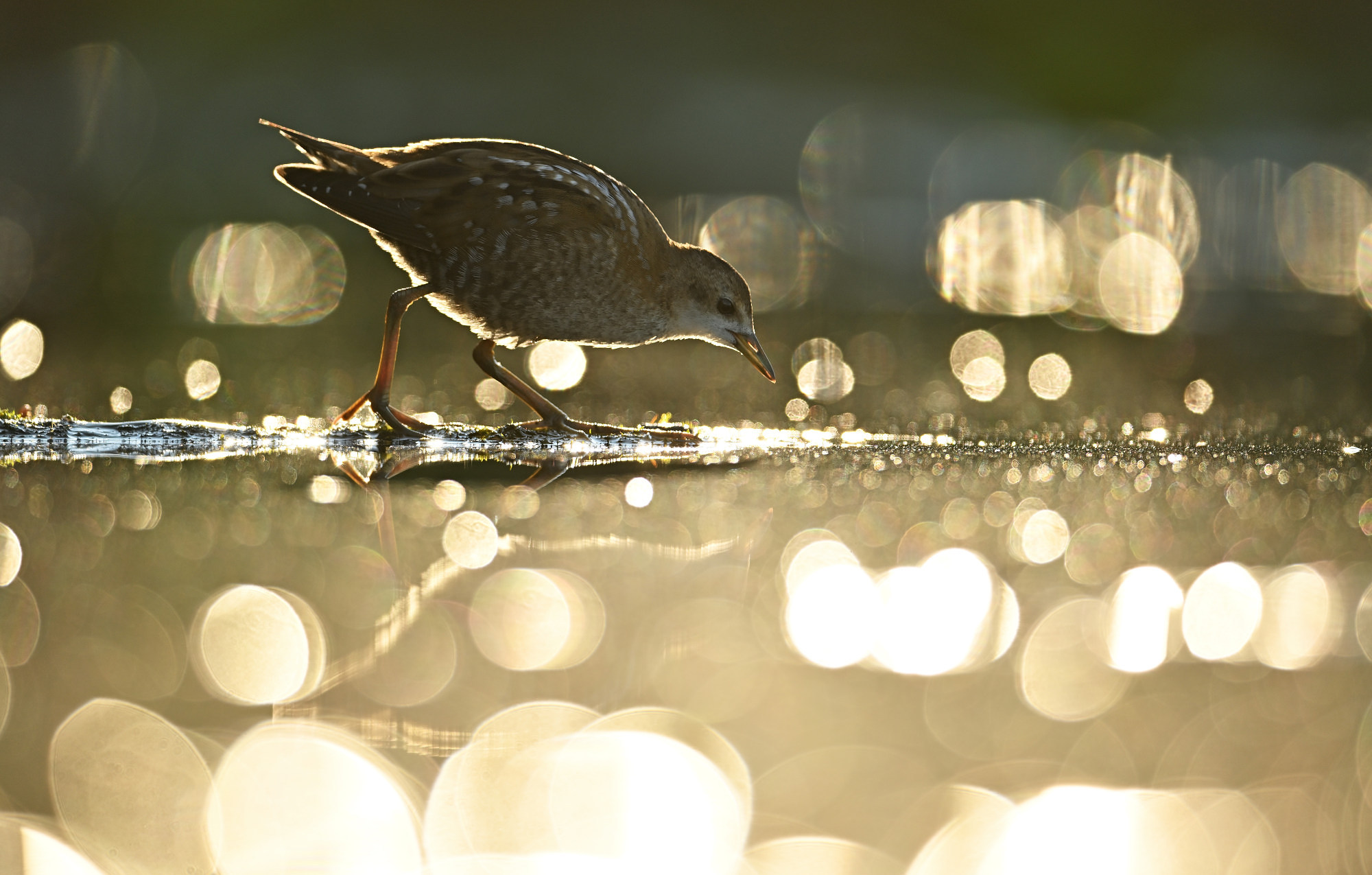I started floating hide photography about 25 years ago. I remember my first target species were the Black Terns, and I had to travel all the way to Poland to find them. Pre-internet times meant lots of scouting, and only after a second visit to Poland, I was successful.
Those were the days when European photographers working with a floating hide were rare. Today you find them all over the world and easily find their work online. That’s how Jure Novak from Slovenia and I got in touch, discovering each other’s work through Instagram. I had never been to Slovenia, and Jure was working on some cool species that I needed on film for an assignment, so I jumped in my car during one of the lockdowns and headed to Slovenia, the car loaded with floating hides, tent hides, lots of beers for Jure and chocolates for Nastya, his girlfriend.
They offered me to stay in their wonderful flat in Maribor, while they would stay at Nastya’s parents’ place during my visit. What a luxury! Nastya had her own things to do, while the boys were having fun outdoors birdwatching, building photo settings and hides, monitoring targets, and waiting in the hides for the perfect shot. Discovering our mutual passion for bird photography was great, so more trips were planned together!
Slide into the water …
After many delays due to Covid, we finally organised the first-ever group floating hide workshop in Slovenia this August! Starling Reizen from Belgium and Foto Natureu from Slovenia joined forces – thank you both for this! – and Jure and I found ourselves in charge of a fantastic group of 6 photographers, ready to jump the waters and float their hides for a week.
We used the top floating hides made by Mr Jan Gear, which I helped to construct. Most participants in the group had never worked with a floating hide before, so we provided everyone with some welcome tips and tricks. We demonstrated the hides extensively and explained how we prefer to use them, and why we would choose specific gear such as a gimbal head for the lens, or a bean bag for the camera.
Next up was a ‘wet test’ on one of the trip locations. We put on the waders and had a walk in the lake. Upon arrival, we found the lakes covered with blooming Fringed Waterlilies, and herons, ducks and Pygmy cormorants seemed to be everywhere! We had arrived in a floating hide paradise. Everyone passed the test flawlessly, and we couldn’t wait to start photographing early the next morning.
… and into the hides
The next days we started with morning sessions, entering the water well before sunrise, where we stayed until around 10 am to catch the softest sunlight. Our afternoon sessions began around 4 pm and lasted until dusk. In between sessions, we went birdwatching together, or the group rested when it got too hot, while Jure and I worked on the settings, moved the hides from one spot to another, or just observed.
Once you get into the routine of working with a floating hide, time flies! All guests were able to get close to many species, getting magnificent shots and observing instinctive bird behavior. The group rotated on several locations with different target species, and we were excited to explore every spot, chasing the best light. Morning fog on the water was on the Most Wanted-list, giving us an opportunity for the more artistic nature photography, especially when using backlight, even if the birds don’t come close. While hot summers are not the best time for this setting, we were graced with some fog on at least two mornings and the morning of our departure.
The stuff dreams are made of
Contrary to a fixed hide, you can move the floating hide around your subject, giving you control over the light incidence. So, I invited the guests to explore this possibility and to look for creative backgrounds. The range was endless, from high-key white skies to black shadow reedbeds, forest backgrounds, and even shooting straight into the reflection of the sun hanging low over the water, creating a dreamlike bokeh atmosphere around the bird.
Together with the variety of species, we all had impressive images after a week. Every portfolio was unique, based on our own personal inspiration and perspective, which is much more difficult from a fixed hide, where everyone is set to take the same shots.
Amazing birdlife
Birds were abundant around the lakes! One of our favorites was the Pygmy Cormorant. These birds seemed to love the attention and our little camouflaged domes. They treated us with beautiful poses, spreading their wings while roosting on the posts that Jure and I had placed on strategic spots.
These posts were also used by the fast and secretive Little Crakes, who easily pose for beautiful shots during this time of the year. The Little Bittern is another species best photographed this time of year. The offspring get brave enough to leave the reedbeds and explore, while the parents hunt for food. They never minded our presence and posed out in the open, while walking on the lilies.
The list of herons photographed was great: Grey Heron, Great White Egret, Night Heron, Little Egret, Purple Heron and Squacco Heron! Since there were many couples of Great Crested Grebes and Little Grebes, it was a busy breeding season. Some were still sitting on their nests, while others had big chicks begging for food incessantly. The grebes with the smaller chicks mainly drew our attention, swimming around with their babies on their back, an amazing scene which only lasts for a few days! And what an advantage the floating hide gave us here! The couples all had their little territories, so we scouted the lake with binoculars before starting, locating the best spots in the water.
Ducks were also numerous, with species like the Red Crested Pochard and Ferruginous Duck, which you don’t see back home. A Spotted Crake was also photographed by everyone.
The lakes had lush shore vegetation, so waders were not really attracted to this habitat. Nevertheless, we photographed Common, Green and Wood Sandpiper. They were mainly using the posts we had put out. So cool to see all these birds using them! Even kingfishers were photographed on our spots!
As always, some of us had crazy encounters. Nico saw a Marsh Harrier landing on the water vegetation, catching him full frame! Other spectacular pictures were made of several species, mainly Great Crested Grebes, with frogs in their beaks.
A unique technique
As a workshop leader and a floating hide enthusiast, it’s always great to see the guests getting more into floating hide photography day after day! It’s one of the most exciting bird photography techniques, with the best opportunities to create your personal perspective and style. Since distances are often minimal, you don’t always need a gigantic lens. But if you do have one, walking around with them is effortless, since the floating hide carries the weight. A week like this is intense, but everyone stayed 100% excited to jump in the water for each session, taking more and better pictures every time.
We all agreed this was a successful week, well worth repeating! Jure and I will organize more sessions with the Mr Jan Gear floating hides, stirring up the passion for floating hide photography for new groups to come. If you never tried it, join us, and discover the possibilities of bird photography on the water!
